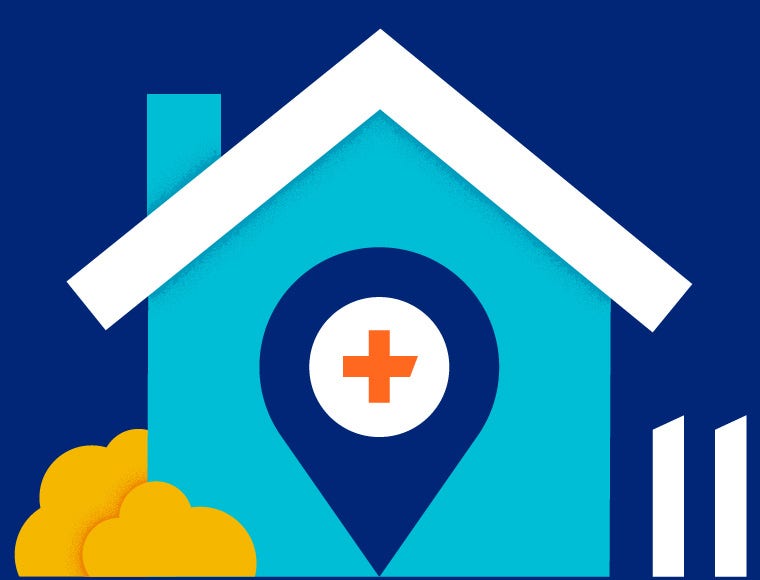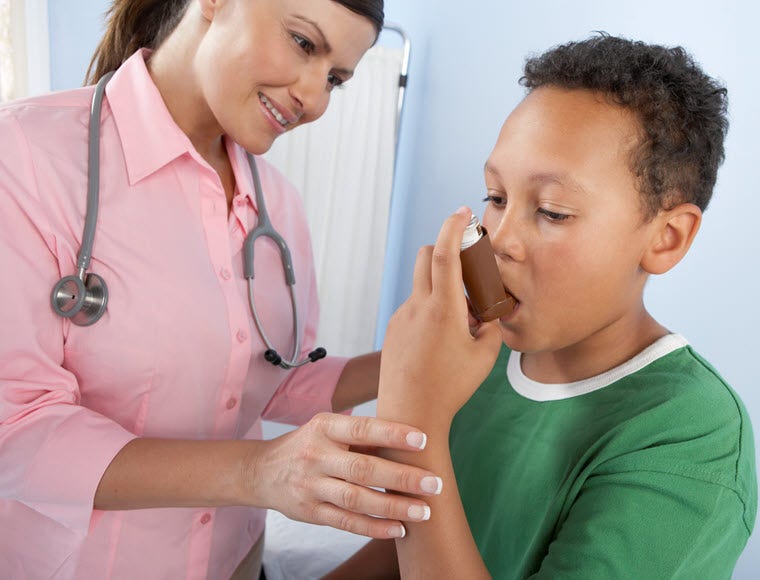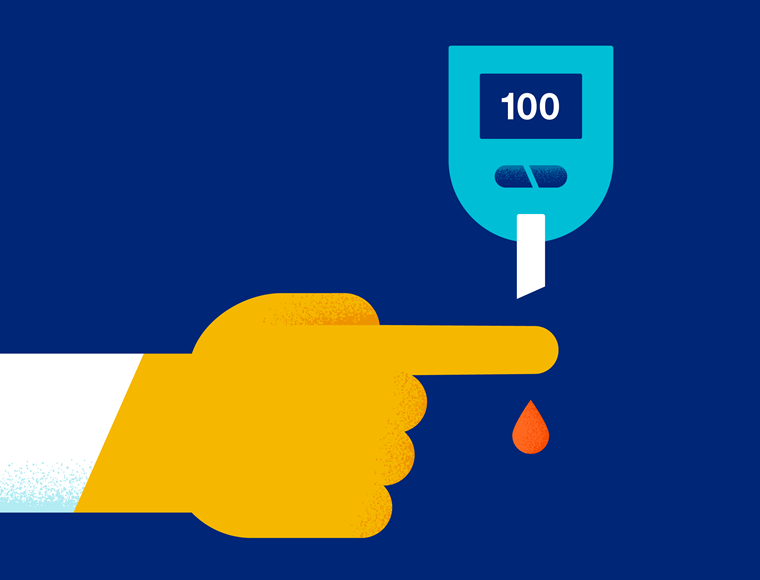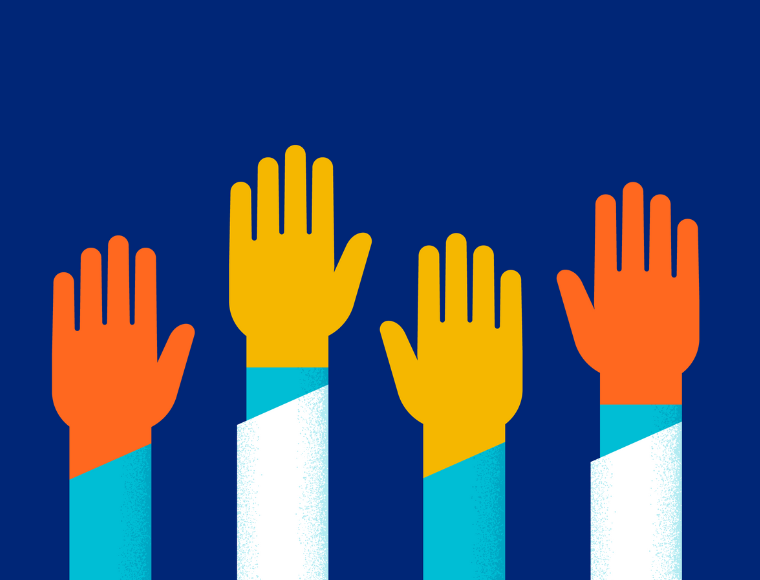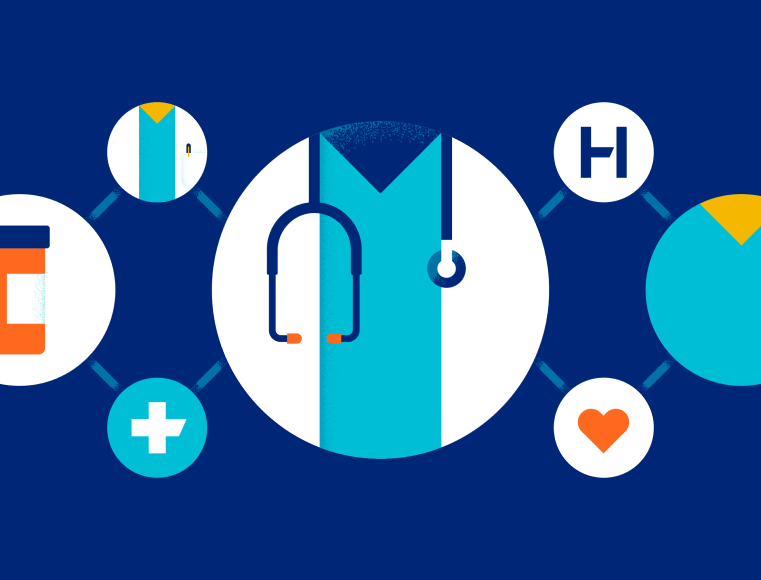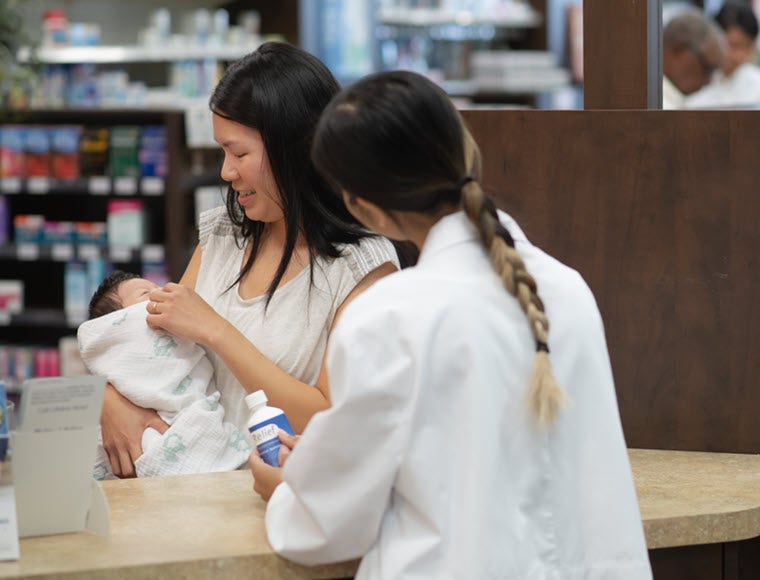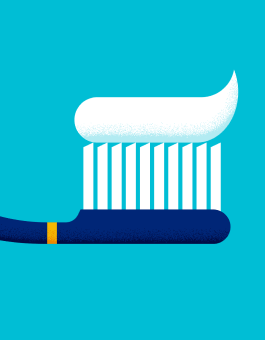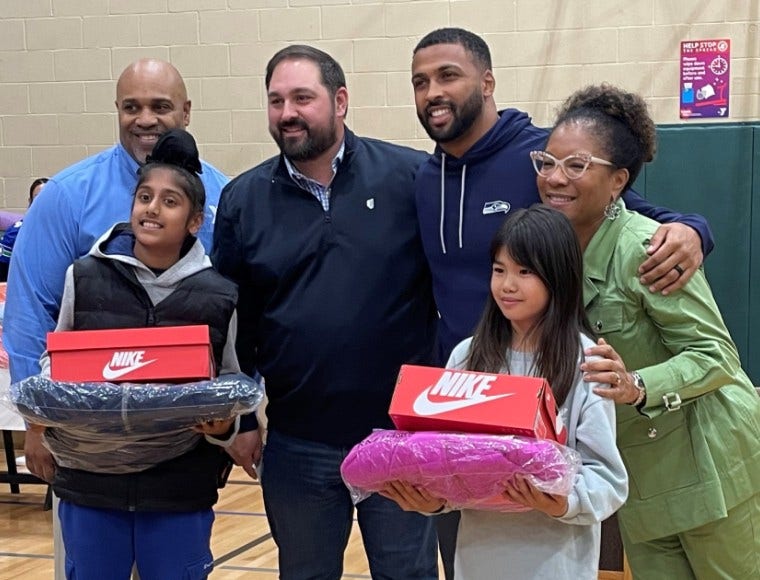Providing up to 1 million students with school-based access to mental health care support
Krista Nelson, CEO of UnitedHealthcare Community and State
To address the youth mental health crisis and meet children where they spend a significant amount of time - in schools – I’m pleased to share that UnitedHealthcare is collaborating with Hazel Health the nation’s largest school-centered telehealth provider. This collaboration will allow us to provide up to 1 million students with school-based access to virtual mental health care services in up to fourteen states by 2025. We are meeting students where they spend the majority of their waking hours — at school.
This collaboration is a critical advancement in pediatric health care, one that honors and empowers families to access the care children may need, regardless of socioeconomic status, race or ethnicity. Our goal is to break down barriers to care and connect students directly to health care providers, ensuring students and their families have access to the care they need. We believe this is the future of pediatric health care.
Hazel partners with school systems to build the technological infrastructure required to bring quality health care services to where students already spend their day: at school and at home. Once Hazel is implemented, any student in that district will be able to access one of Hazel’s on-staff, licensed therapists and pediatric clinicians, before, during, and after the school day. This is especially important for students in underserved communities and/or rural areas who may have very limited access to mental health providers.
Addressing a growing need for youth mental health services
According to the National Alliance on Mental Illness, 1 in 5 children suffer from a diagnosable mental health condition problem - nearly two-thirds of whom aren’t getting help.1 This is both a public health and an education problem, as extensive research shows that mental health struggles significantly impair a student’s ability to learn.2 Mental health is an essential part of a child’s overall health and their ability to succeed in school, at work, and in society.
“Students perform their best when they are feeling their best – and when we are able to help students achieve good mental and physical health, it has an outsized impact on their ability to succeed in school and in life, for years to come,” said Dr. Alexander Billioux, chief medical officer of Government Programs and Senior Vice President, Population Health & Social Care, UnitedHealthcare.
According to the National Alliance on Mental Illness3:
- 50% of all mental illness begin by age 14
- Students aged 6-17 with a mental, emotional or behavioral concern are three times more likely to repeat a grade.
- The average delay between the onset of symptoms and intervention is 11 years.
- High school students who experience significant symptoms of depression are more than twice as likely to drop out compared to their peers.
“It’s time that we break the silos that traditionally separate educators, health care providers, health plans and policymakers to pioneer solutions that ease burdens for families and demonstrate real results for our children,” said Josh Golomb, CEO of Hazel Health
Providing equitable, accessible, and clinically proven care for students
Nine out of 10 children in the U.S. spend over a decade of their most formative years in the K-12 public school system.4 This makes our schools the most effective, efficient, and equitable channel to reach 90% of the rising generation — where they already are, and when it matters most.
In a newly released study conducted by Clemson University, students experienced a significant reduction in depression and anxiety symptoms, with 75% of students falling into a lower level of clinical severity (as defined by the PHQ-9 and GAD-7 scales) following the completion of Hazel’s online therapy program. The program was equally effective across racial and ethnic groups, with particularly dramatic clinical improvements in higher-severity cases.5
“We recognize that the state of our children’s health is at an inflection point — and must respond with interventions that drive not marginal gains, but quantum leaps, in access to pediatric health care,” said Andrew Post, president of Hazel Health. “We are privileged to partner with UnitedHealthcare to make this sweeping investment in the health of 1 million children during their most critical periods of development and bend the trajectory of their lives for decades to come. It is this kind of cross-sector partnership that will enable K-12 schools to play a pivotal role in early intervention — and prevent the harmful repercussions of poor health on a student’s long-term academic success — without asking educators to bear the full burden of administering health care to the many children they educate.”
The service was recently launched in Iowa with the intent to include additional states throughout 2024 and into 2025.
At UnitedHealthcare, we’re incredibly proud to be pioneering this school-centered care model to ensure that students have access to evidence-based, clinically proven services to improve their overall health and well-being so that they can live long and successful lives well beyond their school years.
Sources
- https://mhanational.org/recognizing-mental-health-problems-children
- http://sprc.org/settings/colleges-and-universities/consequences-of-student-mental-health-issues/
- National Alliance of Mental Illness
- https://research.com/education/american-school-statistics
- https://www.hazel.co/articles/clemson-university-finds-hazel-health-teletherapy-program-drives-clinically-significant-outcomes-in-school-mental-health
